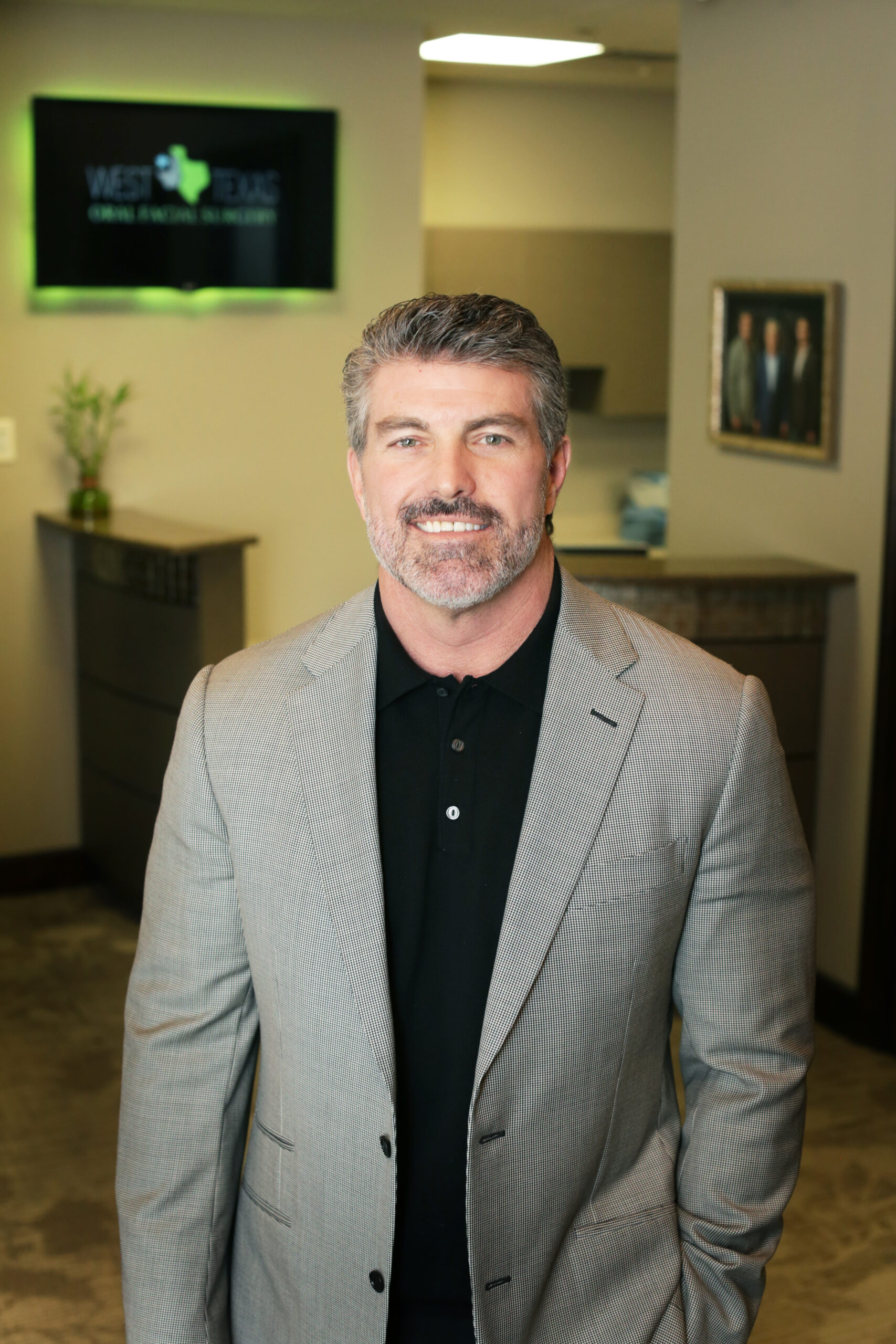Sleep Apnea Treatment
Sleep apnea interferes with your sleep, making even daily activities more difficult. Untreated, it can lead to serious health problems.
There are many treatments for sleep apnea that can improve your sleep and protect your health and wellbeing.
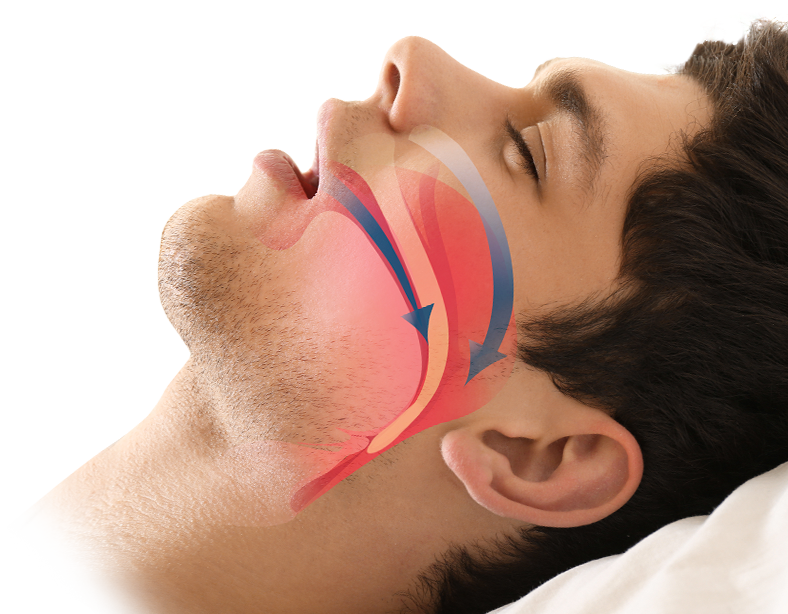
- Sleep Better
Sleep apnea is a condition which causes you to wake up periodically throughout the night, interfering with the quality of your sleep. Treating sleep apnea can mean better sleep for both you and your bed partner.
- Feel Better
A better night’s sleep can improve your mood, concentration, and overall sense of well-being.
- Stay Healthy
Treating sleep apnea can reduce your risk for apnea-related health conditions, including hypertension and heart disease.
How does treatment work?
A custom-fitted oral appliance is worn while sleeping. It will shift your jaw forward to open the airway for better breathing. Alternatively, you will be fitted for a CPAP machine.
Treating sleep apnea can improve physical and mental health. Depression decreased from 73% to 4% in sleep apnea patients after therapy, according to the American Academy of Sleep Medicine.
Treatment is designed to fit your specific needs.
- Lifestyle changes
For milder cases of sleep apnea, making some simple lifestyle changes, such as losing weight or quitting smoking, may be enough to improve your symptoms.
- Continuous Positive Airway Pressure (CPAP) Machine
The most well-known treatment for sleep apnea, CPAP devices deliver air pressure through a mask to keep your airway passages open. Generally, if you have moderate to severe sleep apnea, a CPAP machine is a good option for addressing your symptoms.
- Oral appliance therapy
Oral appliances for sleep apnea work by bringing your jaw forward to keep your throat open while you sleep. Often more comfortable than CPAP machines, these appliances work best for mild to moderate cases of sleep apnea.
- Appliances with CPAP therapy
For some patients, doctors recommend using both CPAP therapy and an oral appliance. Studies have shown that this combination can reduce daytime sleepiness and normalize breathing disturbances.
- Surgery
In general, doctors only recommend surgery for sleep apnea once other treatments have failed. There are several types of surgery used to address sleep apnea, including tissue removal and jaw repositioning.
How is CPAP different from an oral appliance?
CPAP ensures that you get the oxygen you need.
A continuous positive airway pressure (CPAP) machine consists of a mask which fits over the nose or the nose and mouth and supplies pressurized air.
The air then flows continuously or intermittently into the sleeper’s throat, preventing the airway from collapsing.
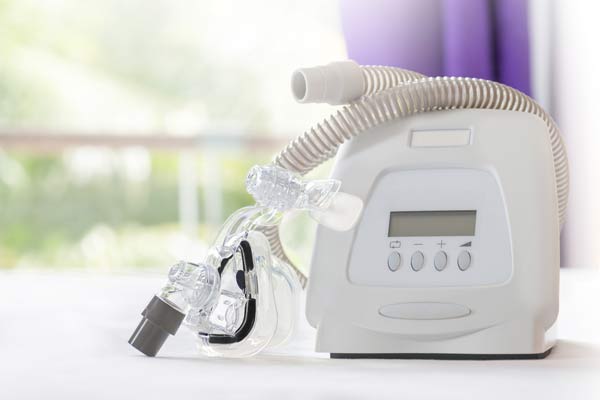
How do I know which treatment is right for me?
- How severe is your sleep apnea?
During a sleep study, your doctor will identify whether your sleep apnea is mild, moderate, or severe and recommend treatment appropriately.
- Can you commit to lifestyle changes?
For some patients, breaking habits can make a serious difference in their symptoms. However, you must be able to commit to these changes to see results.
- What happens if I don't get treatment?
If you have sleep apnea, your body does not get enough oxygen while you sleep. Over time, this chronic oxygen deprivation can cause serious complications, such as high blood pressure, heart problems, type 2 diabetes, metabolic syndrome, and liver problems.
The best way to prevent these issues from developing is to treat sleep apnea appropriately as soon as possible.
Continuous therapy is essential.
Sleep apnea is a chronic condition. While self-care techniques may resolve mild sleep apnea, you will likely need to continue therapy nightly to control your symptoms.
Use your oral appliance or CPAP machine every night and make it a priority to sleep at least six to eight hours every night. If you are not seeing results, speak to your doctor about changing tactics.
What happens during treatment?
- Sleep Study
You will need to undergo a sleep study to diagnose the severity of your sleep apnea.
- Consultation
Your doctor will review the results of your study and recommend the best treatment for you.
- Treatment
You will be fitted for your appliance or CPAP machine. You will need to wear your device every night while you sleep to get the benefits of treatment.
- Follow-Up
Your doctor will assess your symptoms after at least three months to determine whether you need a different treatment.
- Alternatives
If other treatment options are unsuccessful in controlling your symptoms after at least three months, your doctor may recommend surgery.
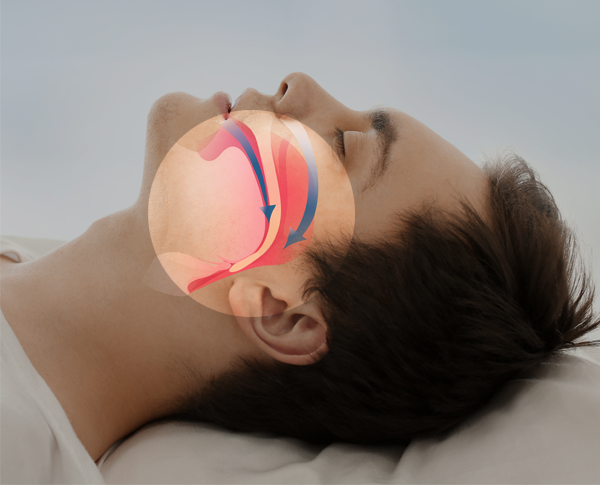
Without Treatment — The airway collapses during sleep, interfering with proper breathing.
How does treatment help me sleep?
Sleep apnea treatment ensures you are breathing properly while you sleep. If your sleep apnea treatment is effective, you should notice the results within a few nights.
After starting therapy, patients often experience:
- More energy during the day
- Reduced snoring
- Better control of diabetes and hypertension
- Reduced cardiovascular risk
- Improved concentration and mood
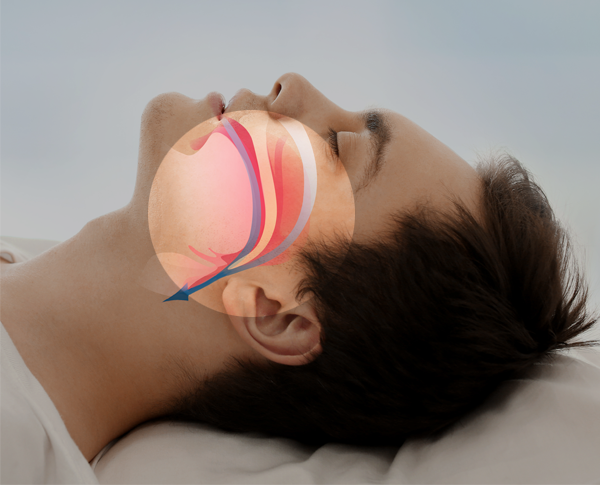
With Treatment — Sleep apnea treatment maintains an open airway for a better night’s sleep.
Get to know us.
At West Texas Oral Facial Surgery, we know how to help you. Our board-certified surgeons and expert staff can provide the care you need to relieve the discomfort you feel.
